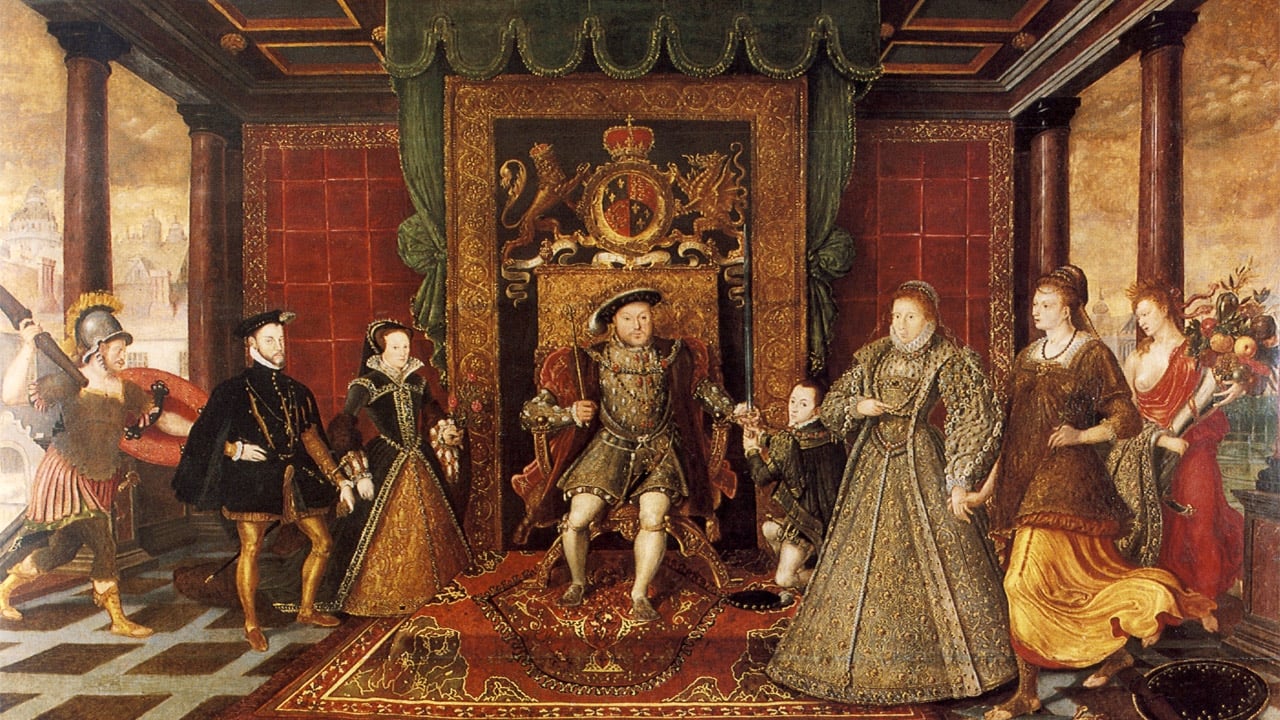



Henry's father had won and defended the crown in battle. For Henry, this was the mark of true regal legitimacy and he was determined to emulate his father and win even greater glory. However, to wage war Henry had to free himself from the councillors he had inherited from his father and be his own man.
Starkey traces Henry's quest to become a major player in Europe, his successes at the Battle of the Spurs and the Field of the Cloth of Gold and his eventual humiliation after the Battle of Pavia.
Throughout these years, his relationship with the brilliant, Machiavellian Thomas Wolsey was central to his reign. But even Wolsey could not disguise the relative impotence of England and her monarchy compared to the great European powers.
These foreign disappointments were mirrored by the gradual deterioration in Henry's marriage. If Henry had died, like so many, of the sweating sickness in 1525, he would have barely registered in history, his reign a feeble coda to the story of England's medieval monarchy.
But events were about to take an extraordinary turn. Henry would remake himself, his throne and his kingdom - and all for love.